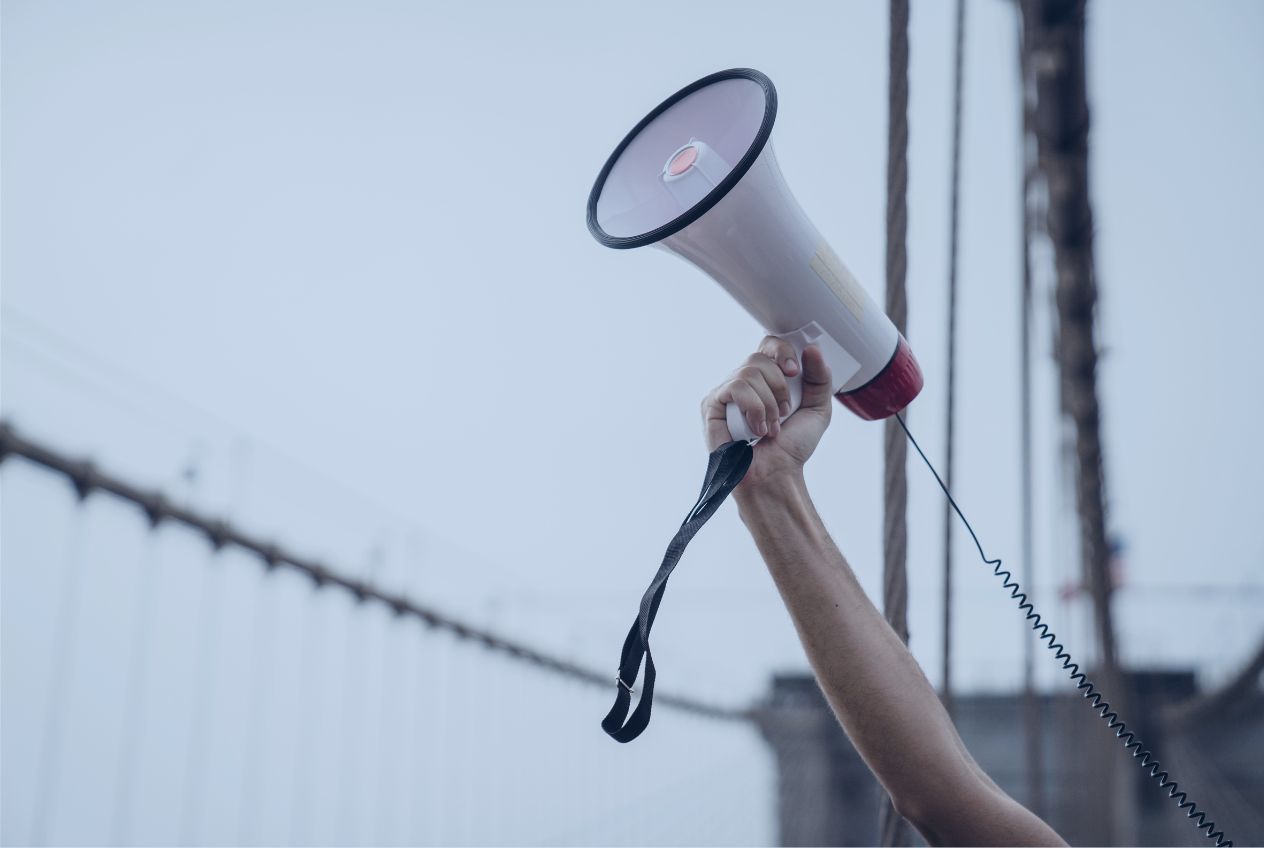This summer, travel in Europe is fraught with uncertainty as a combination of factors presents challenges for vacationers. High fuel prices for cars, unreliable train services, and the disruptions caused by both environmentalists and strikes in the airline industry make it difficult to determine the best means of transportation. Families planning vacations are left in a quandary, unsure of how to proceed. The escalating fuel costs make road trips less appealing, while the unreliability of trains and the potential for flight cancellations add further complexity to decision-making. As a result, many cherished family vacation plans hang in the balance, requiring careful consideration and adaptability.
Unreliable Railways, Airlines, and Airports:
Travelers in Germany and Europe have increasingly found it difficult to rely on not only the Deutsche Bahn railway system but also the airlines and airports due to strikes. Delays and strikes have become all too common, disrupting schedules and causing frustration for both commuters and tourists. These disruptions have a significant impact on the economy, hindering productivity and diminishing the overall travel experience.
While short-distance flights have traditionally served as an alternative, the challenges faced by airlines and airports due to strikes further exacerbate the transportation issues. Strikes by airline staff and airport personnel disrupt flights, leading to cancellations and delays, leaving passengers stranded and frustrated. This adds to the unreliability of transportation options and limits the alternatives available to travelers.
Climate Activism and the Need for Pragmatic Solutions:
Climate activists have raised awareness about the environmental impact of travel, including both air and road transportation. Strict reactions from law enforcement and better protection of airport infrastructure are needed. Blocking airports and advocating for blanket bans on short-haul flights without offering reliable alternatives only worsen the existing transportation issues.
Seeking a Balanced Approach:
To overcome the current transportation predicament, a balanced and pragmatic approach is necessary. Increased consumer choice and competition can invigorate the industry, driving innovation and reliability. The following measures should be considered:
1. Privatizing Deutsche Bahn: Introducing private ownership and management of Deutsche Bahn would enhance efficiency, accountability, and customer satisfaction. Privatization has proven successful in various industries, encouraging competition and fostering innovation. Moreover, addressing the issues that lead to strikes in the railway sector should be a priority to ensure smooth operations. Splitting the ownership of rail and train services in Germany is imperative to foster competition, enhance efficiency, and improve customer satisfaction. By separating infrastructure management from train operation, multiple companies can enter the market, encouraging innovation and service quality. This would introduce greater consumer choice and lower prices, ultimately benefiting passengers. Furthermore, it would promote accountability and investment in infrastructure, as separate entities would focus on their respective areas of expertise. Splitting ownership would enable a more agile and responsive rail system, capable of adapting to evolving customer needs and technological advancements. Embracing this change is vital to modernize Germany’s railway network and ensure its long-term viability.
2. Relaxed Foreign Ownership Rules for Airlines: Easing restrictions on foreign ownership in the airline industry would stimulate competition and attract new players. This could lead to improved service quality, better pricing, and increased connectivity for travelers. Additionally, measures should be implemented to mitigate the impact of strikes on airlines, ensuring that passengers are not unduly affected.
3. Cutting Taxes on Gasoline and Car-Ownership: While promoting sustainable transportation options is crucial, it is equally important to acknowledge the role of personal vehicles in certain situations. By reducing taxes on gasoline and car-ownership, individuals are given the freedom to choose the most suitable means of transportation for their needs. However, efforts should be made to minimize the environmental impact of personal vehicles through incentives for electric or hybrid vehicles.
The ongoing delays and strikes in the Deutsche Bahn railway system, coupled with limited alternatives due to proposed flight bans, understaffed airports, and climate activism, have left travelers in Germany and Europe grappling with unreliable transportation options. Addressing these challenges requires a multifaceted approach that encourages consumer choice, fosters competition, and acknowledges the role of personal vehicles in certain contexts. Privatizing Deutsche Bahn, relaxing foreign ownership rules for airlines, reducing taxes on gasoline and car ownership, and finding effective ways to address strikes in the transportation sector are crucial steps towards creating a reliable and diverse transportation system. Only by embracing these changes can Germany and Europe navigate their way out of the current transportation predicament and build a more resilient future.




